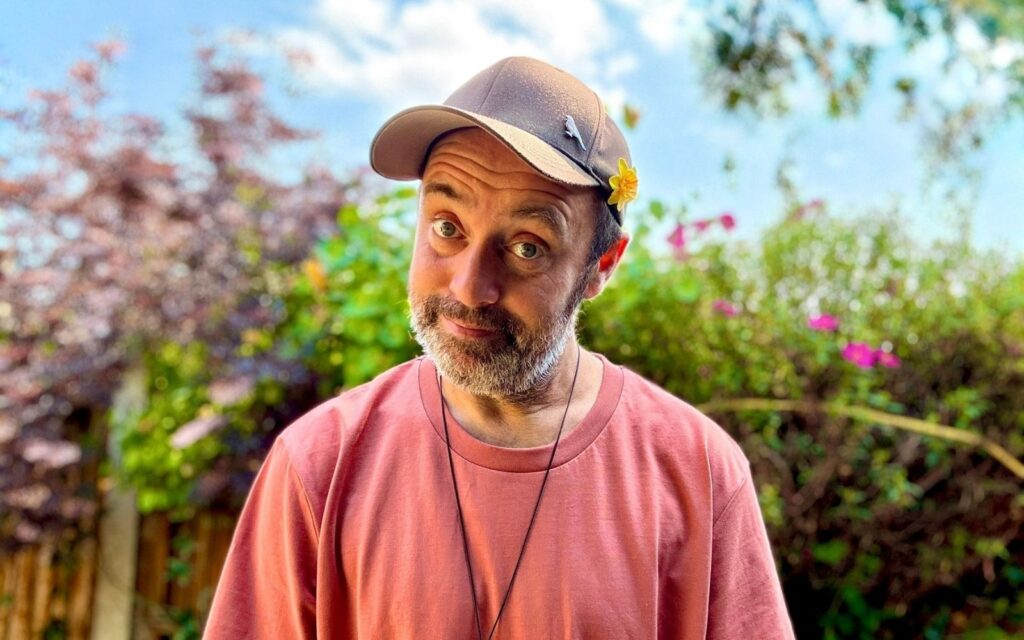When Jeff Buckley made his debut with Grace in 1994, the singer’s would-be swansong was hardly a hit. It was only following his death three years later that the record became what now stands as the musician’s legacy.
The son of one of folk’s most lauded figures, Tim Buckley, Jeff’s path was almost prophetic – despite the pair’s estranged relationship. Not only did the two share a knee-weakening vocal range, both singers died tragically young; Tim suffered from a heroin overdose at 28 while Jeff drowned in the Mississippi River aged 30.
In life, Buckley’s talent was hardly subtle. Having frequented coffee shops and bars toting an assortment of covers, the singer quickly amassed attention for his good looks as much as his vocal dexterity. Though despite his obvious talent, Grace peaked at just number 149 in the US and failed to hit the Top 75 in the UK.
Upon its release, Rolling Stone gave Grace a three-star review, stating, “The young Buckley’s vocals don’t always stand up: He doesn’t sound battered or desperate enough to carry off Leonard Cohen’s ‘Hallelujah’.” In the years since, the album has made its way onto the publication’s 500 Greatest Albums of All Time and 40 Greatest One Album Wonders lists, where it’s heralded as “a masterpiece of songwriting, musicianship and vocal prowess” – a notable leap from its initially soggy reception.
It’s difficult to tell if it’s the tragedy surrounding Grace which caused it to become the magnum opus it’s now regarded as, or if Buckley was simply ahead of his time, though there’s definite evidence pointing towards the latter.
In spite of his father’s stature as a musician, Buckley looked to forge his own path and leaned towards the likes of Led Zeppelin and The Smiths when feeling out his sound. The influence of Morrissey’s forlorn songwriting and Robert Plant’s meandering vocal riffs are plain to see across Grace, while the impression left by other muses, such as French balladeer Édith Piaf, also make themselves known.
On his father’s impact on his music, or lack thereof, Buckley told NME: “I knew him for nine days. I met him for the first time when I was eight years old over Easter and he died two months later. He left my mother when I was six months old. So I never really knew him at all. We were born with the same parts but when I sing it’s me. This is my own time and if people expect me to work the same things for them as he did, they’re going to be disappointed.”
Of course, it’s easy to draw comparisons between both Buckleys’ musical offerings, but that’s not to say Jeff’s work lives in the shadow of his father. Perhaps it’s simply that there was no base for Jeff’s sound, leaving so many to look towards his bloodline to make sense of his work.
But the question remains: why did it take Buckley’s untimely death for critics and listeners to wisen to his music?
A review by the BBC offers: “Listening today … it’s easy to hear why reviewers weren’t universally moved by Grace. Its best-known track isn’t even one penned by Buckley, ‘Hallelujah’ being a cover of Leonard Cohen’s haunting masterpiece. Nor is ‘Corpus Christi Carol’ an original, Buckley interpreting the work of celebrated British composer Benjamin Britten via opera singer Janet Baker.
Buckley’s unfulfilled potential is a certain marker of his posthumous success – it’s human nature to ponder ‘what if?’ – yet there’s no doubt the singer’s hauntingly dark oeuvre and the parallel nature of his fate have birthed a sense of mythology around both himself and Grace.
Even if there’s nothing else, the androgynous, ethereal coo of ‘Corpus Christi Carol’ and the grungy grit of ‘Eternal Life’ offers a fleeting glance at Buckley’s promise. Despite a string of retrospective releases such as live recordings and studio ‘sketches’, the album stands as the only true reflection of Buckley’s vast vision as a musician.
Now, Grace is left to forever stand as a window closed too soon; one we’re left pressing our faces against, desperate to peer further inside and glimpse something previously unseen.







